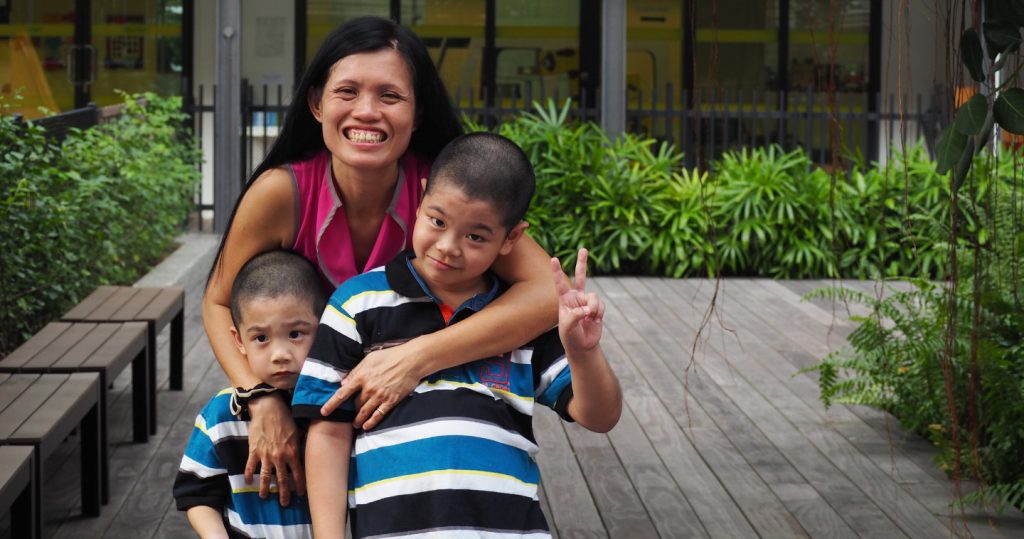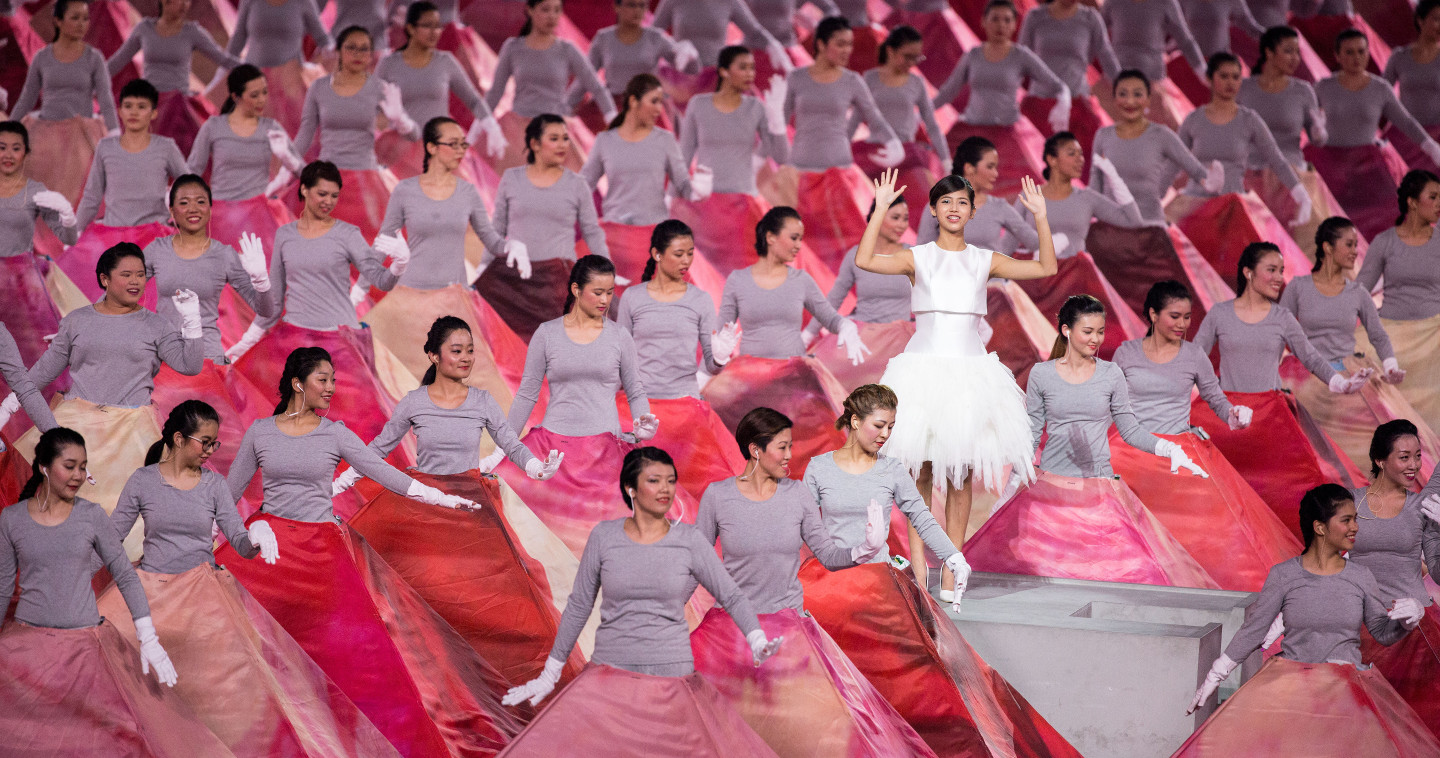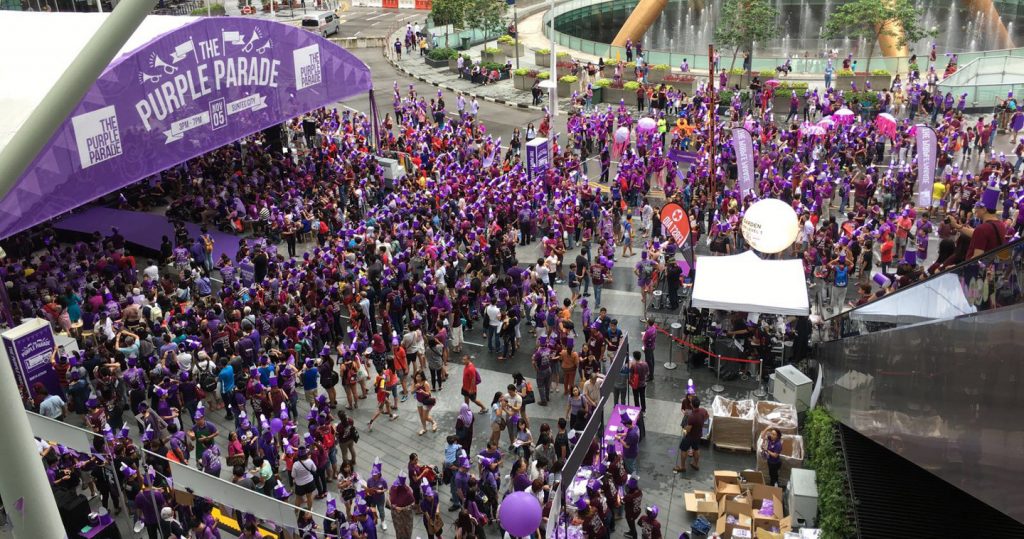2016 has come and gone, so it’s an good time to look back on what happened the past 12 months. It’s been an eventful year, with mass events and major news as well as some nasty incidents got civic-minded all riled up on the web.
Highs
1. The town was painted Purple. Literally.
An overwhelming, record-breaking 10,000 people from all walks of life took part in that Purple Parade in a show of solidarity and support for the inclusion of people with special needs and celebrate their abilities.
2. A records-breaking year at Rio Paralympics
Singapore fielded its largest contingent, and had its best-ever medal haul at the Rio Paralympics. Two golds and bronze! Thanks to an exuberant showing by Yap Pin Xiu and Theresa Goh.
The 13-strong contingent was also accorded the same honour as Olympic Gold medal winner Joseph Schooling upon returning home – a standing ovation in Parliament.
3. Enabling Masterplan
The Steering Committee for the third Enabling Masterplan unveiled the next five-year roadmap on 20 December 2016 to create a more inclusive society for people with disabilities. Between from April and July 2016, focus group discussions were held with members of the public and representatives from voluntary welfare organisations and private-sector bodies.
20 broad proposals, revolving around improving the quality of life for persons with disabilities, supporting caregivers, building the community and an inclusive society, have been put up by the committee.
The Ministry of Social and Family Development is studying the recommendations, and is expected to release a response.
4. What a National Day Parade
 We had our first inclusive National Day Parade, featuring a song signing segment where both hearing and deaf audiences followed a sign language instructor and about 150 participants with special needs in hand-signing national songs.
We had our first inclusive National Day Parade, featuring a song signing segment where both hearing and deaf audiences followed a sign language instructor and about 150 participants with special needs in hand-signing national songs.
5. Extending compulsory education to kids with special needs
In November, Education Minister Ng Chee Meng announced that all young people with special needs between six and 14 would have to attend school starting 2019. Policy-wise, this is a move towards inclusiveness, a commitment to ensure school places and opportunities for learning for all Singaporean children.
An advisory panel has been assembled and will look into working with special education (SPED) schools to improve physical infrastructure and recruit more teachers as well.
5. Charity fund to nurture talents with disabilities

Spare change, anyone? The TODAY Enable Fund was launched on 2 December to raise between $500,000 to $1 million to support programmes for people with disabilities and community integration initiatives.
Lows
1. Nasty woman rants at food court cleaner
In a public display of anger that was caught on video and subsequently went viral, a woman went on a tirade against an elderly deaf cleaner at JEM foodcourt – telling him to “go and be a beggar” –all because he cleared her food by mistake. This shameful episode was viewed more than 1.8 million times and 30 000 shares. While the woman subsequently apologised for her comments, she claimed she is not entirely to blame for the incident.
2. Unreasonable behaviour at large
We’d like to think the food court incident was a one-off occurrence, but sadly, incidences of mistreatment and belittling are part and parcel of what workers with disabilities face in their jobs, according to a Straits Times report.
3. Not walking the talk on special needs kids
While most Singaporeans support the idea of a more inclusive society, few would put their money where their mouth is.
In a survey commissioned by the Lien Foundation, more than half of the 1,000 respondents believed that Singaporeans are willing to share public spaces with special needs children but not interact with them. Only 8 percent felt that Singaporeans were willing to go the extra mile to make a special needs child feel welcome.
And while most people believe that children with and without disabilities can study together, only half of parents polled are comfortable with having a special needs child sitting next to their own child in class.
4. People with disabilities still don’t feel included
In a government survey of 1,000 people with disabilities, more than 60 percent of them don’t feel they were socially included, accepted or given opportunities to achieve their potential. More than half of them felt they had no control over their lives.
In a related poll of 1,400 members of the public, just 36 per cent would be comfortable with being close friends with a person with a disability.


